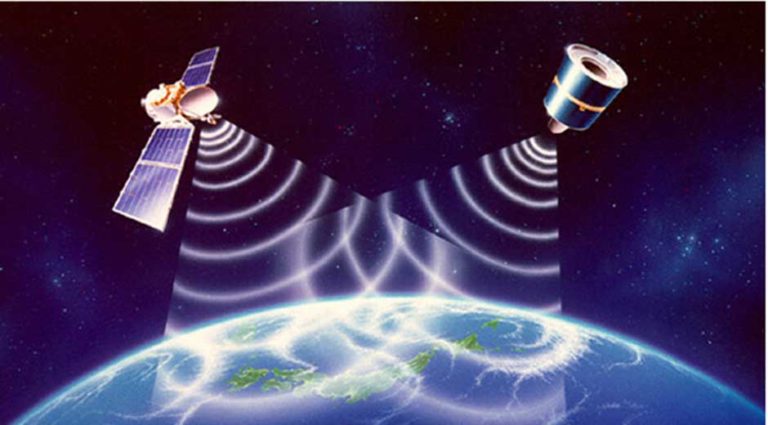The commotion surrounding the “falling satellite” was finally put to rest when it was found out that no one was effected. “It will land somewhere in the U.S.A.” they predicted. Then, they admitted that they didn’t really know where it was going to land. The masses will attest that all that time and psychological paranoia, invested from paying attention to the constant threats from the associate press, was all for nothing. No lesson was to be learned from the falling satellite on this day. The satellite landed in a “virtually remote” location somewhere near Christmas Island, and according to reports, “No humans were harmed by its landing.”
The landing of the satellite occurred a few minutes earlier than NASA predicted, and in a location previously unpredicted by the U.S. Space Department. It does seem a bit slow that NASA was unable to track the falling satellite and its predicted landing location when most of us have the ability to use a GPS to drive just about anywhere in our vehicle, for just one small fee. The talk and outright anger from astronauts (including those who walked on the moon) towards their government seems justified in reference to the willingness to give up the number one spot in the space race so easily. The cutting of NASA’s funds is starting to be seen, and much more easily for the thousands of those losing their jobs.
It is estimated that since Sputnik was launched over 50 years ago, and after launching more than 6000 satellites into orbit, with only 800 still active, we’ve had satellite parts raining on us for quite some time now. According to expert Stephen Cole from NASA’s Communications Department in Washington DC., and from what he told the Christian Post, space junk the size of UARS enters the Earth’s atmosphere at least once a year. Last week, there were talks about how NASA reports stated that a person walking the Earth had 1-3200 chance of being hit by the falling satellite. So, are these the odds we have at least once a year? All very interesting, but I’m not looking forward to trying to make sense out of all of this in a quantitative manner. The future debates of hundreds of falling satellites, and scares like this dominating the headlines I fear will soon by infectious.
Here’s a post thats already hopping on the bandwagon and trying to score some credibility in a way not too different from the Reverend who predicted The Rapture: Another falling satellite has Earth in a bullseye – Clearly, we can choose to ignore these day to day warnings, which act as something like an ambush, and learn to live the golden rule, to be grateful and be happy. It seems to be the best way to interpret this ‘sky is falling’ metaphor.



